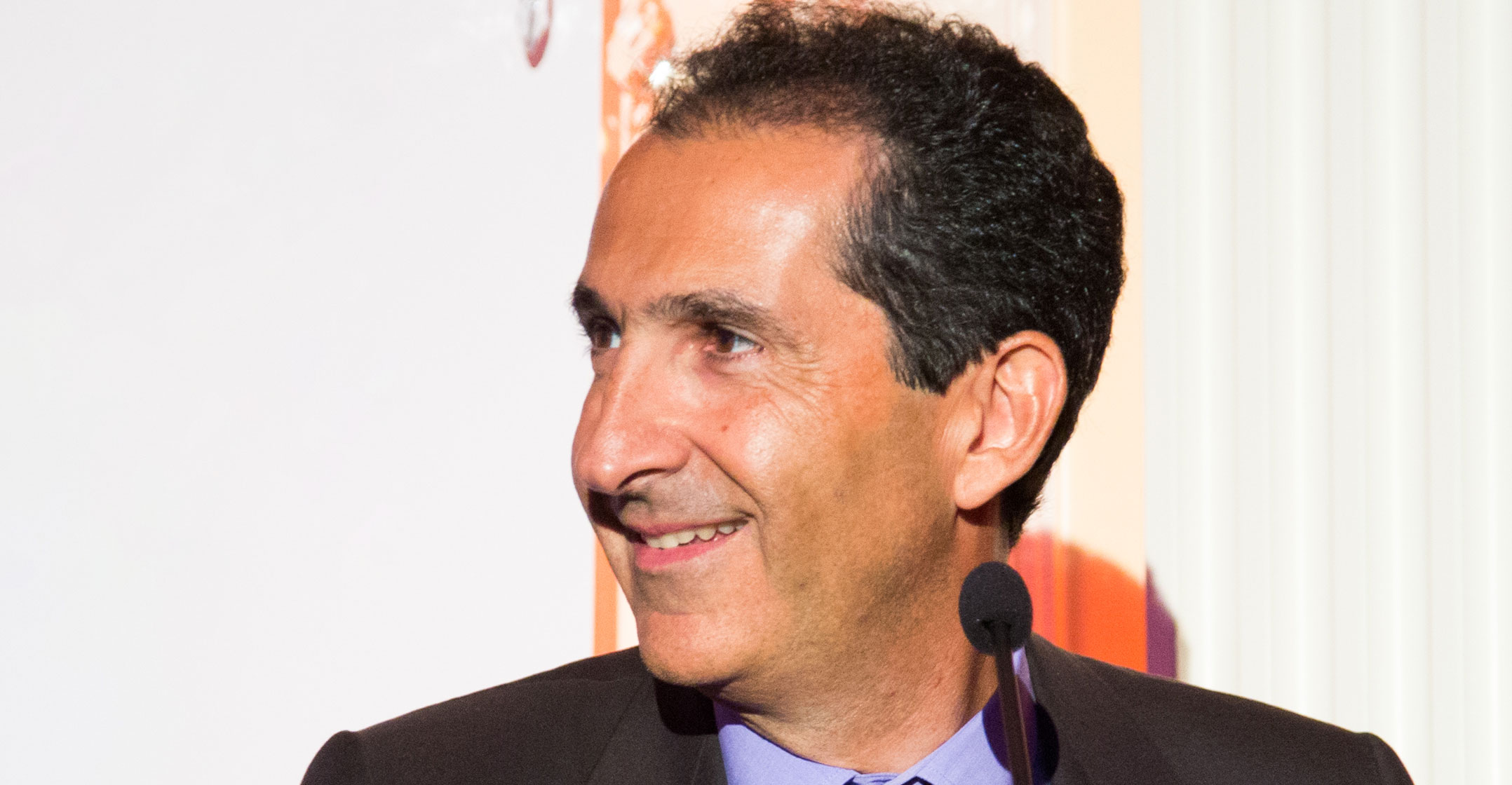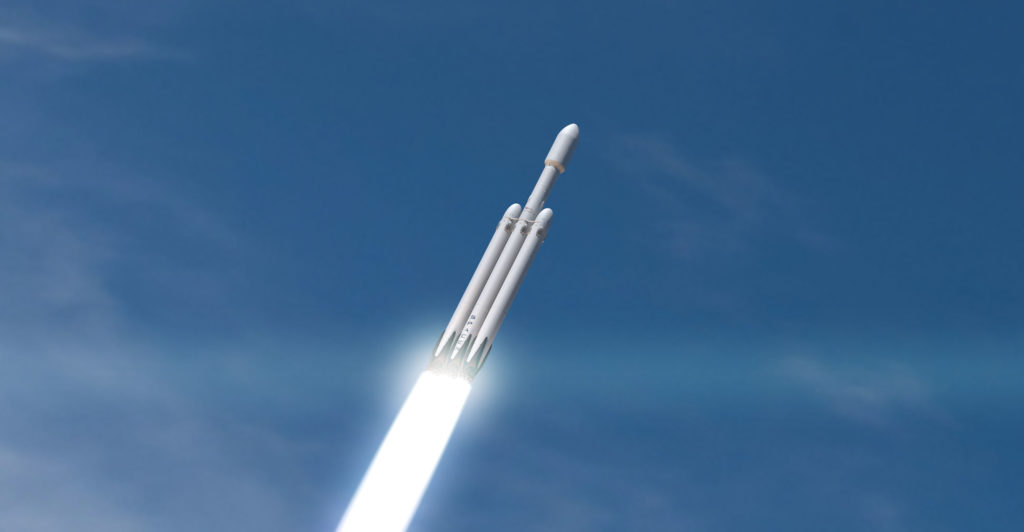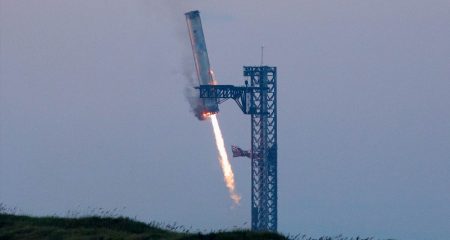
When the two richest people in the world are throwing money at the satellite business, it takes a brave billionaire to join the fray. Telecommunications tycoon Patrick Drahi isn’t short of courage — but he may be too late to the contest.
Satellites have suddenly become hot property. The new low-Earth-orbit (LEO) devices can provide high-speed Web surfing to areas that lack fixed-line or mobile Internet coverage, creating a commercial opportunity that has enticed Tesla and Amazon.com entrepreneurs Elon Musk and Jeff Bezos. These deep-pocketed entrants, who can afford to take a long-term view, are intensifying the pressure on this fragmented and capital-intensive industry to consolidate.
Step forward Drahi. Paris-listed Eutelsat Communications said in September that it rejected a €2.8-billion takeover approach from the mogul. The proposal contained an ungenerous 23% top-up on the three-month average share price, which was still below Eutelsat’s pre-Covid value. There’s been radio silence since. Eutelsat is nevertheless trading above the informal bid: Investors anticipate a deal.
It’s not hard to see why. Eutelsat would suit the Drahi formula of a debt-funded acquisition followed by cost-cutting. It’s a mature company exposed to the shrinking business of satellite television. The valuation is low, at less than s times forecast earnings before interest, tax, depreciation and amortisation (Ebitda) prior to Drahi’s ambition leaking (Iridium Communications, a US peer, trades at 18 times). Yet strong cash flow supports high dividends. Even after jumping, the shares yield 7%.
Moreover, a stake in London-based venture OneWeb offers some strategic exposure to the LEO theme.
A deal to take Eutelsat private could clearly stack up just to run the asset for cash. Now, add on the possibility of consolidation. The obvious partner would be Luxembourg-based SES, a fellow satellite television player. Combining would help them counter the disruptive force of streaming video more efficiently.
Playbook
There’s a playbook for this: private equity’s 2019 bid for Inmarsat, which operates high-orbit satellites for moving connections like planes and ships. A four-headed consortium swooped in after stock market investors convulsed at the company’s 2018 decision to cut its dividend to fund more capital expenditure. The deal has had a rocky ride, given the pandemic hit to aviation, but if the central investment thesis was to front-run consolidation, the logic has been vindicated.
Earlier this month, Viasat — another company specialising in high-altitude satellites — agreed to pay US$4-billion for Inmarsat, comprising $850-million in cash and the rest in shares. Add assumed net debt and the cost rises to $7.3-billion, or 10 times Inmarsat’s expected Ebitda for 2021. That’s roughly where faster-growing Viasat trades.
Of course, the negative reaction to that deal — a 20% fall in Viasat’s share price, cutting the value being paid to around $3.3-billion — makes it look like the market doesn’t support consolidation. But the drop followed the shares’ unusual rally ahead of the announcement, perhaps anticipating a disposal instead of an acquisition. It should be no surprise that public-market shareholders are showing their usual caution towards the purchase of a leveraged and capex-hungry peer. The transaction nevertheless reinforces Viasat’s core competence and has the support of its main shareholder.
Could Drahi repeat the trick with Eutelsat? Maybe. But Eutelsat ought to be able to cut costs by itself
Since the Inmarsat consortium put only about $2.5-billion of equity into the original takeover and likely took a dividend from a $700-million overdue partner payment, it’s a lucrative outcome for private equity.
Could Drahi repeat the trick with Eutelsat? Maybe. But Eutelsat ought to be able to cut costs by itself. And if participating in consolidation is its destiny, it shouldn’t need Drahi to be the middleman. — (c) 2021 Bloomberg LP




